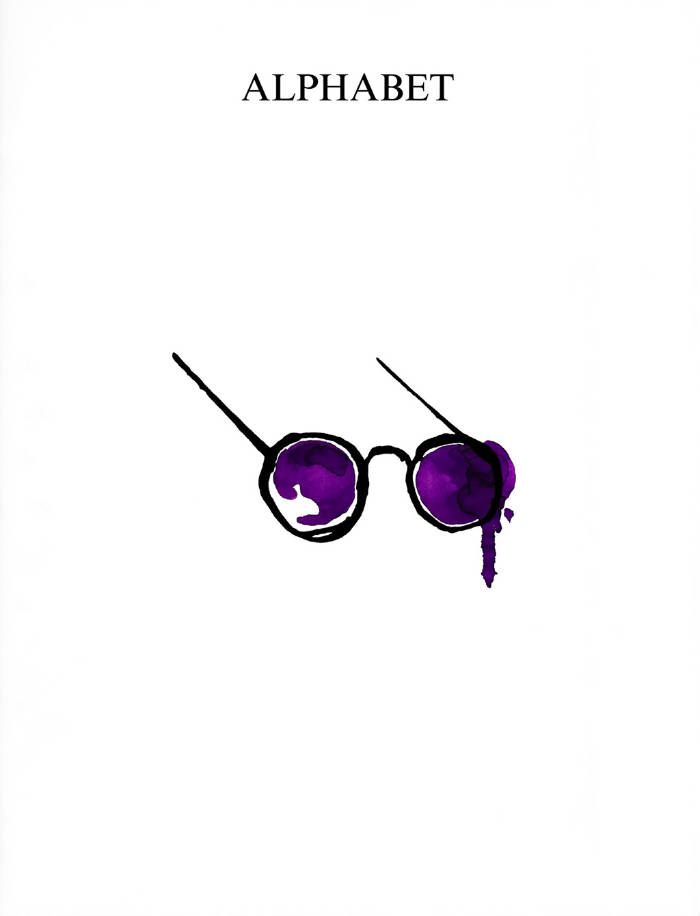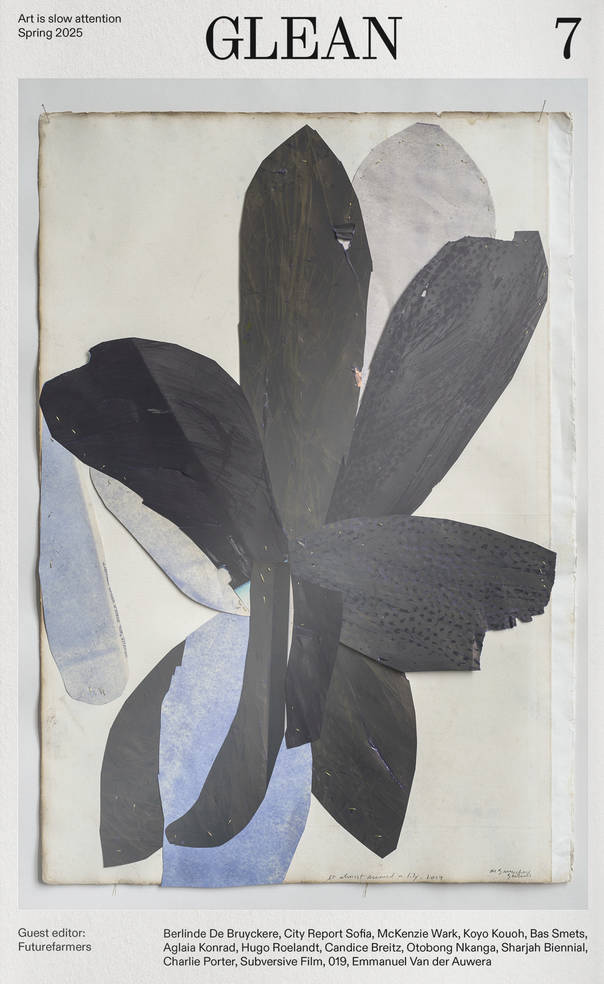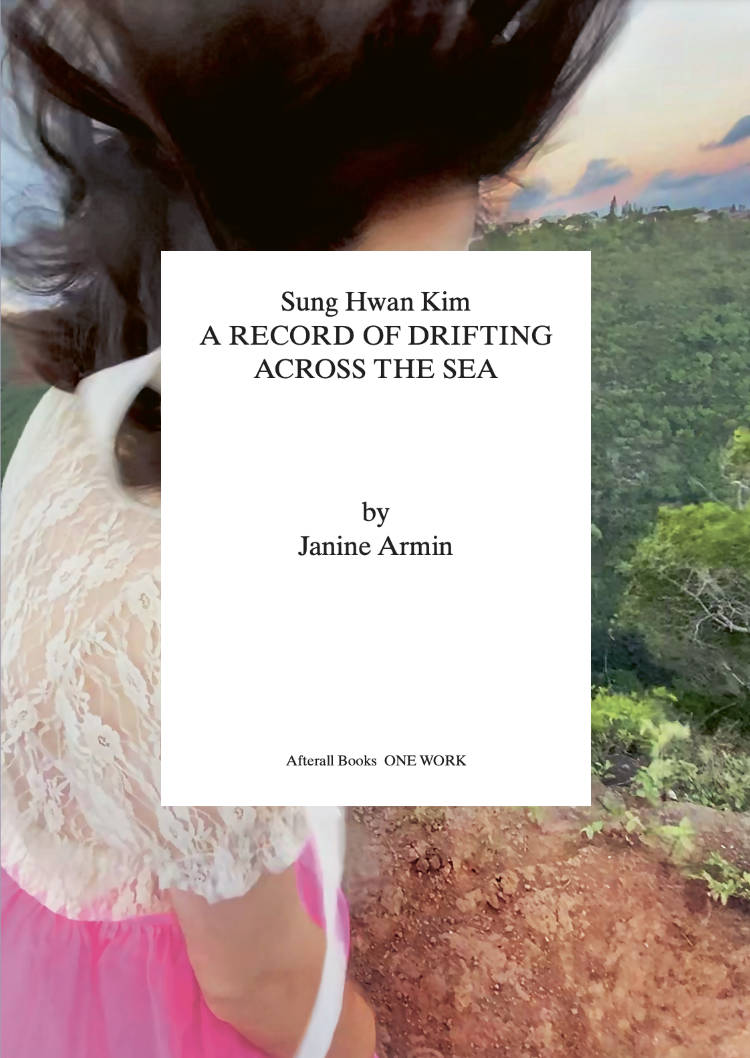
Writing on Raving
McKenzie Wark ed. , Zoë Beery ed. , Geoffrey Mak ed.
Writing on Raving is the definitive mix of voices from the Brooklyn underground rave scene and beyond, providing fresh language for the shared and infinitely varied experience of dancing through the night until the morning.
New York rave culture is having a moment. The music, mostly, is techno, certain flavors of which became the soundtrack to a dancefloor culture that is queer in a different way to house music centered gay nightlife. Wark, Mak and Beery want to document and annotate and celebrate, but also critique, this world in the making. Writing on Raving centers the New York scene, but isn't limited to it.
This is a book for all of those who need the rave. Who need to dance. Who have at some point needed that beat in their lives. This is a book for all those who have journeyed through the night, through sound, through movement, through chemistry, into other places, other times, other encounters.
This seeking gives us hours, years, on the dance floor to think about why we rave, to locate these reasons in our bodies and the space around us. But the rave is not the place to articulate them. It is too loud; our friends are too distracted, or too high. At the afters, tired and drained and covered in schmutz, we think some more. We look around at our raver friends, and wonder: How did we get here? What happened to us? What is this tentacular, thrashing, swelling thing that we all made together? That thing that is now slumped and aching and coming down now into our fragmentary, singular lives
Between all of us, there are many answers to such questions. Wark, Mak and Beery have gathered their favorite ones to share in this first-ever anthology of writing on raving.
McKenzie Wark is a writer and scholar based in New York City. She is the author, among other things, of Raving (2023) and Life Story (2024).
Geoffrey Mak is the author of Mean Boys: A Personal History (Bloomsbury, 2024).
Zoë Beery is a freelance journalist based in Brooklyn, and a nightlife harm reduction organizer at parties and festivals in the U.S. and Europe.







